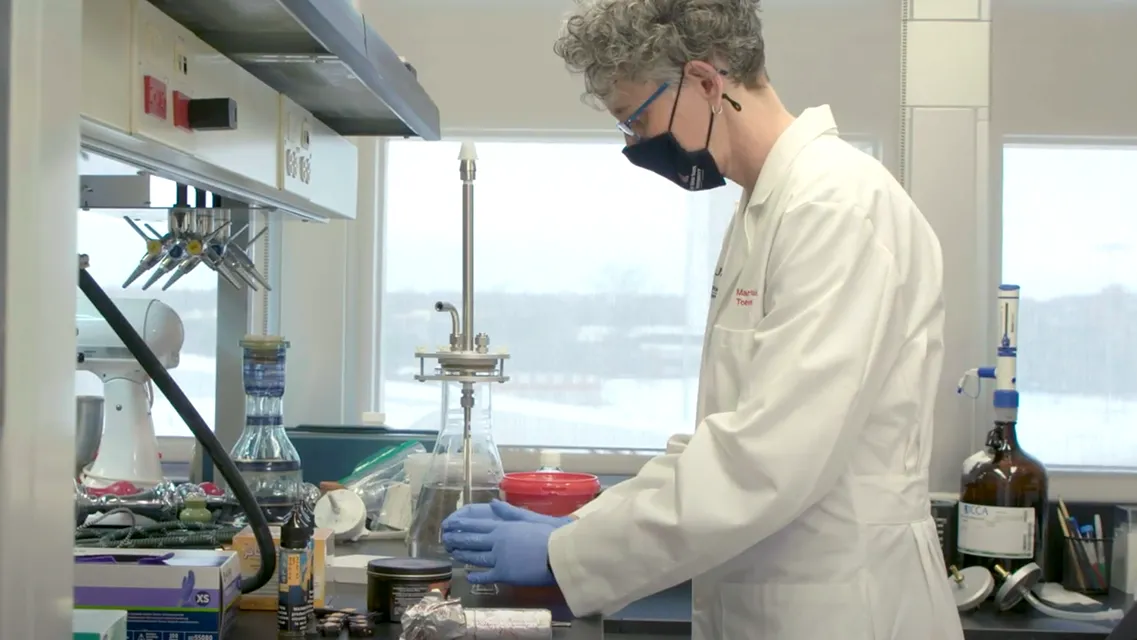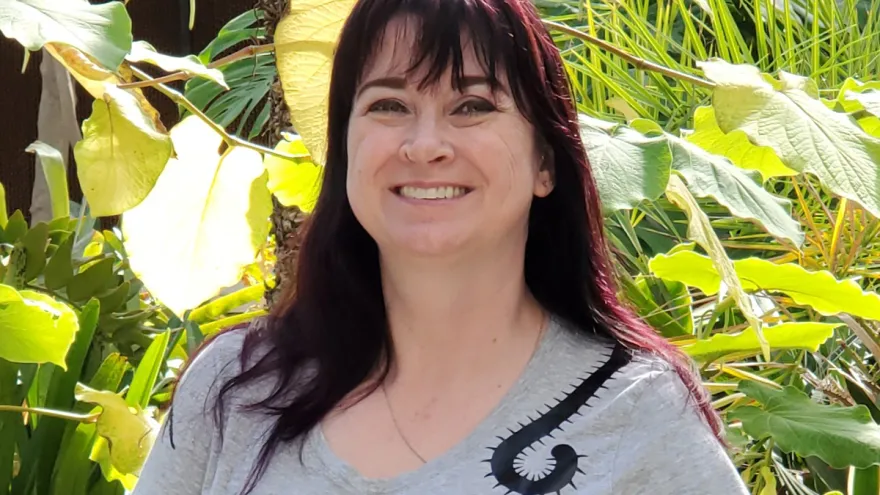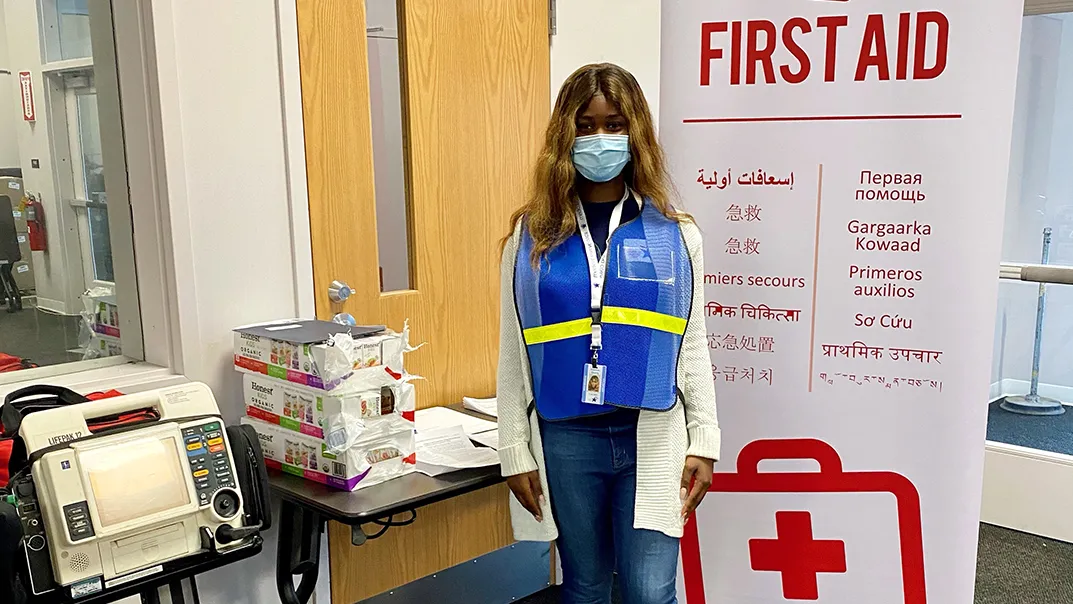
Our Students
Student’s award-winning documentary addresses Ohio’s Black infant mortality crisis
Barento Taha’s ‘Risk Factor’ examines racism’s role

College researcher explains dangers of e-cigarettes
Marielle Brinkman interviewed for national segment on vaping

Public Health Buckeyes: Natalie Hickman
Environmental public health student moves from marketing to public health

Advocacy, public health go hand-in-hand
Students bring their voices to policy conversations

Student Medical Reserve Corps volunteer recognized for work in vaccine rollout
Milli Osei-Tutu assists vaccine operations in Franklin, Fairfield counties
Subscribe to